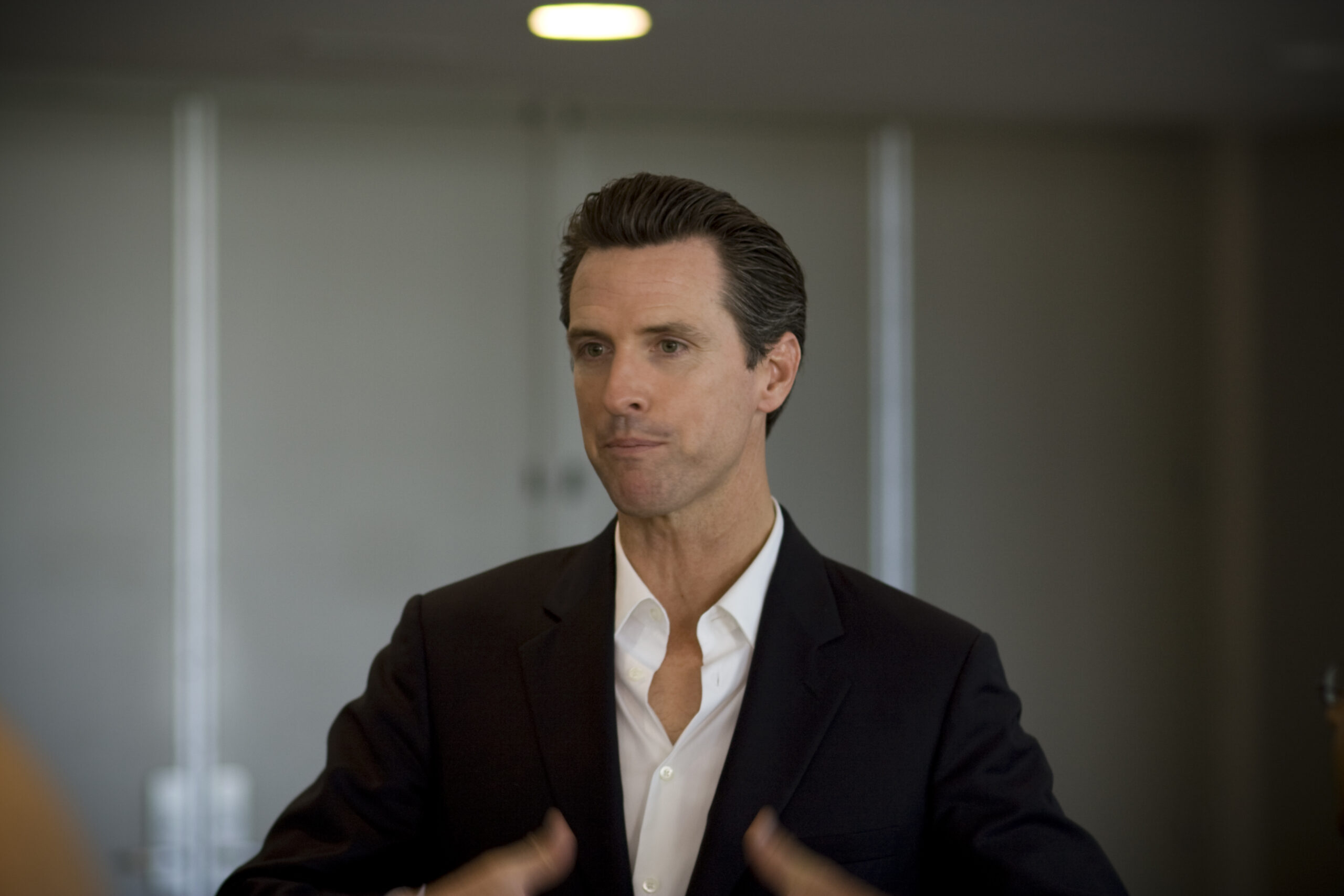
California Governor Gavin Newsom has signed Assembly Bill 1340, which grants drivers for Uber and Lyft the right to unionize, even while they maintain their classification as independent contractors. The new law, Assembly Bill 1340, could impact more than 800,000 rideshare drivers across the state, according to reports.
New Bargaining Requirements and Trade-offs
Under the terms of the bill, rideshare companies are now legally required to negotiate in “good faith” with any certified driver bargaining organization. While this marks a significant victory for many within California’s gig economy, it is not a universal benefit, as delivery drivers for apps like DoorDash will not gain the same collective bargaining rights.
A companion bill, SB 371, makes changes to insurance requirements for drivers. This measure reduces the mandatory coverage for accidents involving uninsured or underinsured motorists from $1 million down to $60,000 per individual and $300,000 per accident. Ramona Prieto, Uber’s head of public policy for California, commented on the legislation, stating that the two measures “together represent a compromise that lowers costs for riders while creating stronger voices for drivers—demonstrating how industry, labor, and lawmakers can work together to deliver real solutions.”
National Trend and Advocacy
This legislative move in California follows a similar measure approved in Massachusetts in 2024, which followed a settlement with the rideshare companies that guaranteed drivers a $32.50-an-hour minimum wage and provided some company-sponsored benefits earlier that year. Elsewhere, both Minnesota and Illinois are actively considering bills that would grant comparable collective bargaining powers to rideshare workers.
However, some advocacy groups contend that the new California law does not go far enough. Rideshare Drivers United, a Los Angeles-based organization representing over 20,000 drivers, argues that additional protections are still necessary. Nicole Moore, the group’s president, insisted that in addition to collective bargaining rights, drivers “need the backing of the state to ensure that not only is a wage proposal actually going to help drivers, but that there is progress in drivers’ pay over the years.” This pressure for better pay is underscored by a recent event: in October, Lyft agreed to a $2.1 million settlement with the Federal Trade Commission (FTC) and the Department of Justice (DOJ) for misleading drivers about their potential earnings, with the FTC claiming the company exaggerated potential driver earnings by as much as 30% in its advertisements.
Author’s Opinion
California’s decision to grant unionization rights while maintaining independent contractor status is a political compromise that creates an unprecedented and legally fragile third category of employment. It acknowledges that the companies have enough power to suppress wages, thereby validating the need for collective bargaining, but refuses to grant full employee benefits. This compromise will inevitably lead to further legal battles over the scope of “good faith” negotiations and whether genuine independent contractor status can truly coexist with mandated collective union power, essentially delaying a full resolution of the gig economy’s employment model.
Featured image credit: Wikimedia Commons
For more stories like it, click the +Follow button at the top of this page to follow us.
